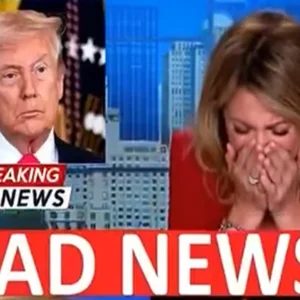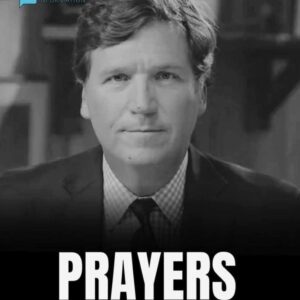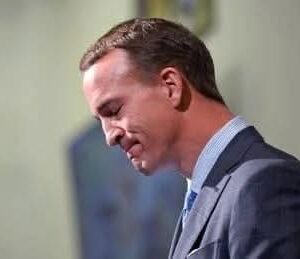The interactions between President Joe Biden, Vice President Kamala Harris, and their respective spouses at former President Jimmy Carter’s funeral have sparked considerable attention, with CNN’s Jake Tapper describing the exchange as “not particularly warm.” The gathering at the Washington National Cathedral, meant to honor Carter’s legacy, also provided a glimpse into the dynamics between the administration’s top leaders.
Captured on camera, the moment lacked the usual warmth and camaraderie often displayed between the first and second families. Tapper, speaking during a CNN broadcast, pointed out the noticeable absence of eye contact or handshakes between President Biden, First Lady Jill Biden, Vice President Harris, and Second Gentleman Doug Emhoff. He remarked, “You didn’t see a particularly warm greeting between the first couple and the second couple. But again, we are at a funeral, so one has to take that into account when trying to read the body language.”
The funeral brought together all living U.S. presidents and first ladies to pay tribute to Jimmy Carter, who passed away last month at the age of 100. The subdued interactions between Biden and Harris stood in contrast to the seemingly friendly exchange between former Presidents Donald Trump and Barack Obama. Seated near them, former First Ladies Melania Trump and Laura Bush appeared composed as the two leaders shared lighthearted moments.
Harris’s Political Challenges After Election Defeat
The tension between Biden and Harris comes amid Harris’s ongoing political struggles following her loss to Trump in the 2024 presidential election. Harris, who served as Biden’s vice president during a challenging administration, has faced significant scrutiny over her role in certifying Trump’s victory. This symbolic act, required by her constitutional duty, marked a difficult moment for Harris as she confirmed her own defeat.
Despite the setback, Harris has reportedly communicated her determination to remain a prominent figure in American politics. According to CNN’s Isaac Dovere, Harris has privately assured her supporters that her political career is far from over. She has been weighing the possibility of running for governor of California in 2026 or even launching another bid for the presidency in 2028. Dovere noted that Harris has told her backers, “You haven’t seen the last of me. I’m not going quietly into the night.”
Debate Among Advisers and Strategists
Harris’s future political ambitions have sparked debate among her advisers and Democratic strategists. Many believe that pursuing the governorship of California would provide Harris with an opportunity to reestablish her political footing. The role, seen as a relatively secure option, could allow Harris to maintain her influence while preparing for future national campaigns.
However, others argue that a gubernatorial run might hinder her ability to pursue the presidency in 2028. The logistics of running for governor and then quickly transitioning to a presidential campaign could prove challenging. Advisers caution that another unsuccessful bid for the presidency could harm Harris’s long-term political prospects.
Supporters of Harris contend that she did not receive a fair chance during her 2024 presidential campaign and believe she deserves another opportunity to lead the Democratic Party. They highlight her resilience and capability, pointing to her strong performance despite significant obstacles. Yet, critics within the party warn against the risks of entering another contentious Democratic primary, where Harris may face stiff competition.
Calls for Alternative Political Paths
Some Democratic strategists, like Theryn Bond, have publicly urged Harris to reconsider pursuing another presidential campaign. Bond has suggested that Harris focus on alternative political paths, such as a governorship, to solidify her legacy and avoid another potential defeat.
Bond’s advice reflects broader concerns within the Democratic Party about its leadership and direction following Trump’s reelection. The party faces internal divisions and uncertainty as it prepares for future elections. Harris’s next steps are seen as pivotal in shaping the party’s strategy and leadership for the coming years.
A Symbol of Broader Party Dynamics
The strained interactions at Carter’s funeral symbolize the broader challenges facing the Democratic Party. Harris’s role as vice president and her recent electoral defeat highlight the complexities of navigating political alliances and ambitions within the party.
As the political landscape evolves, Harris’s decisions will be closely scrutinized. Whether she chooses to seek redemption through another presidential campaign or focuses on state-level leadership in California, her path will significantly influence her legacy and the future of Democratic leadership.
For now, the interactions at Carter’s funeral serve as a reminder of the personal and political dynamics at play within the highest levels of American government. As Biden and Harris navigate their relationship and the party seeks to regroup after a challenging election cycle, all eyes remain on Harris to see how she charts her political future.





